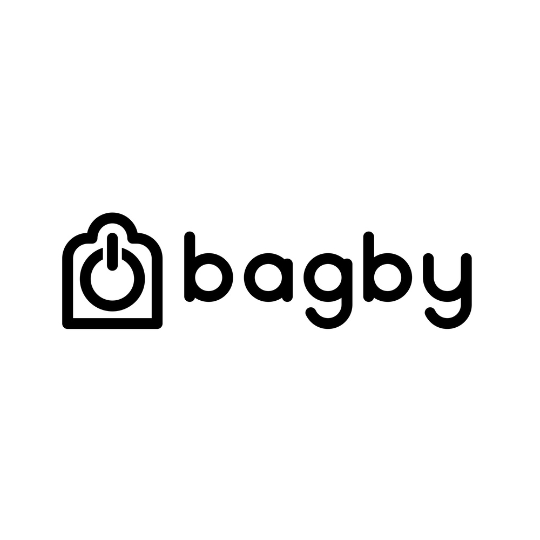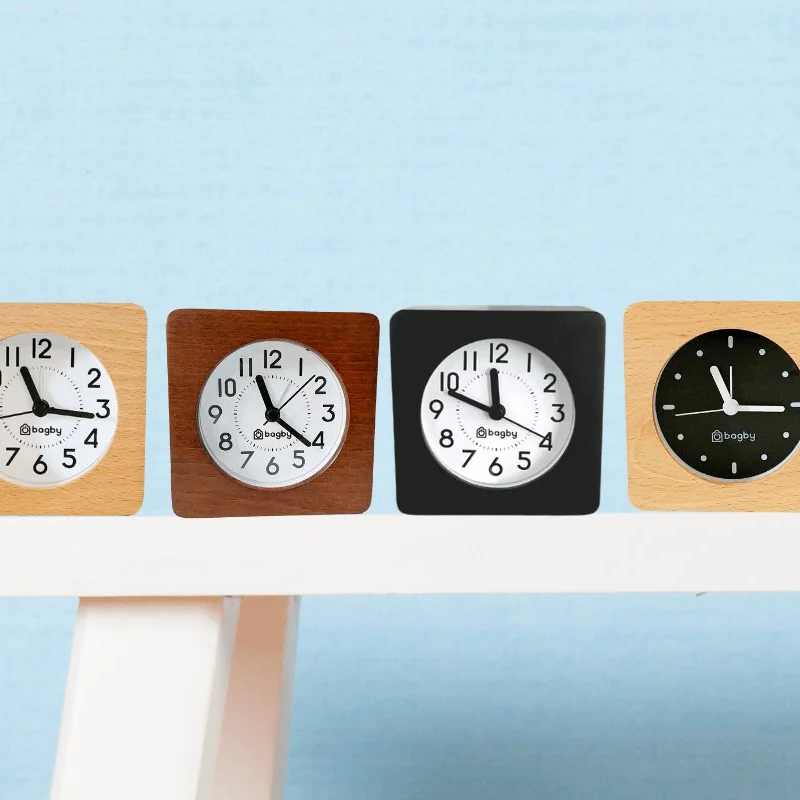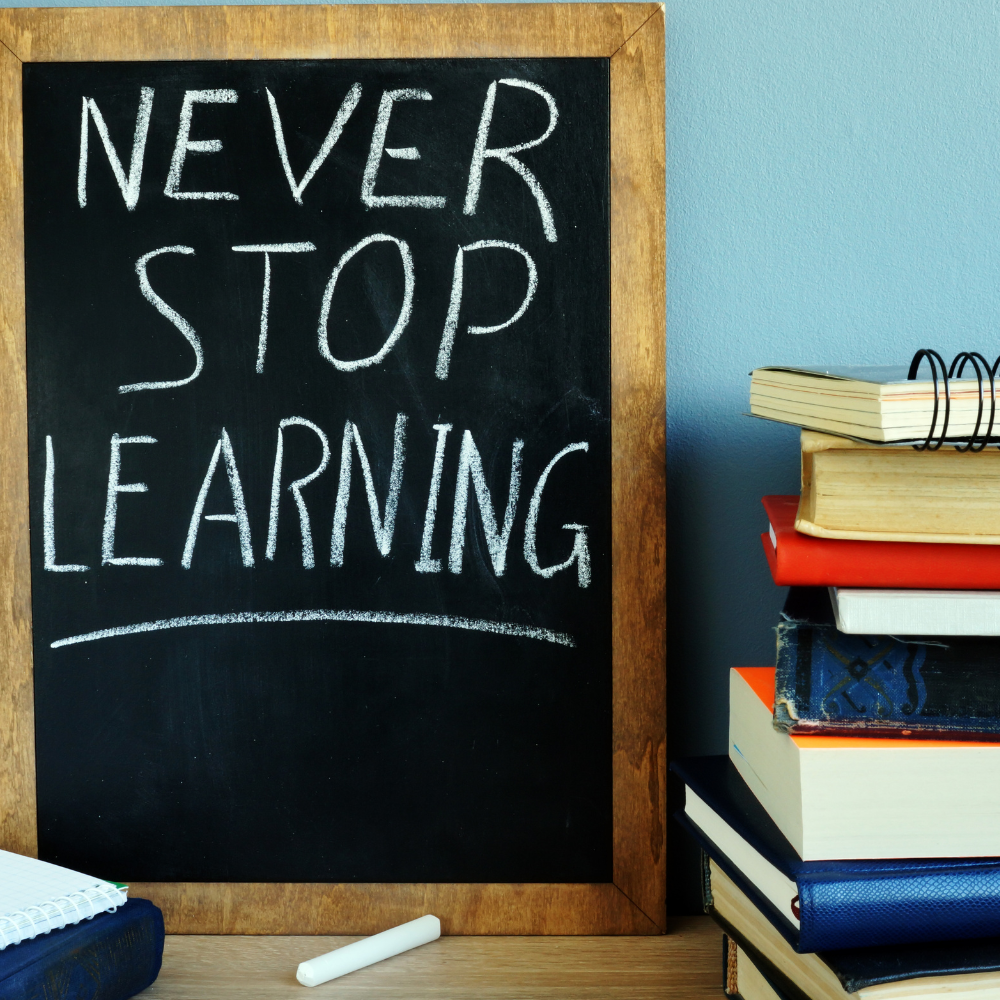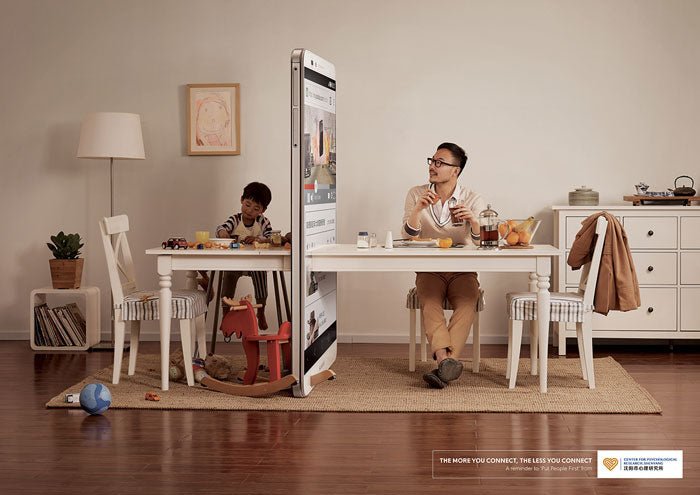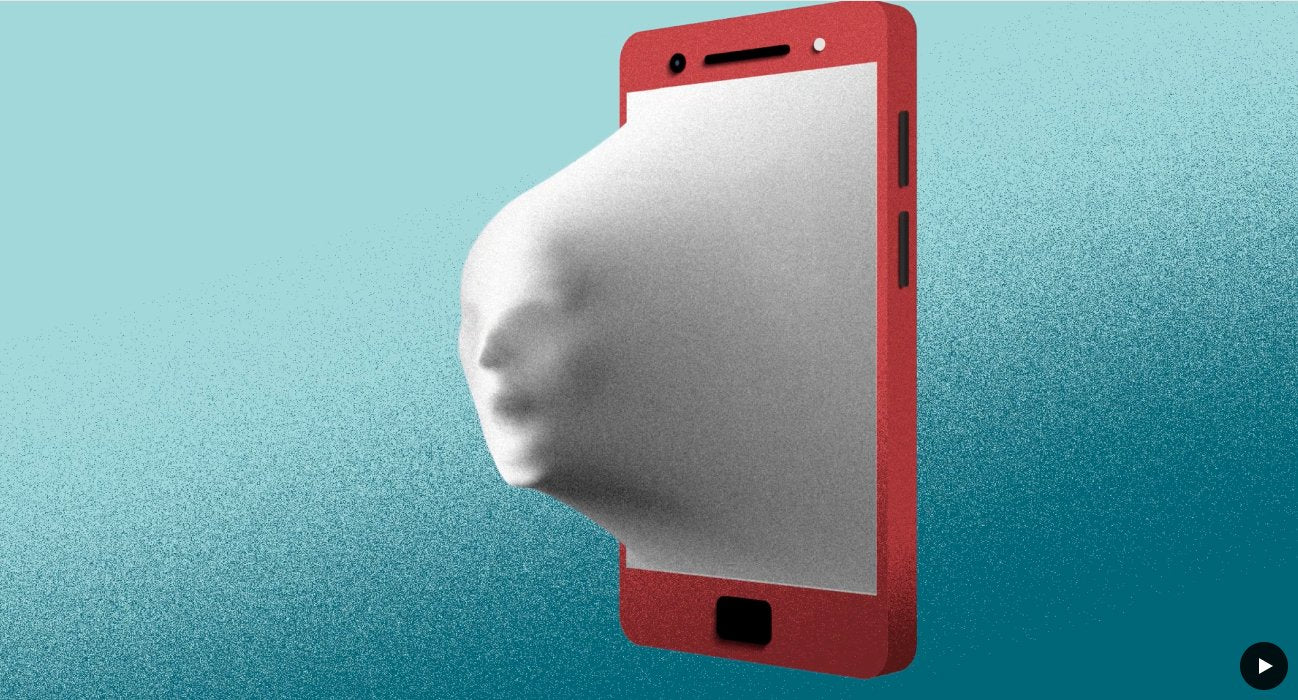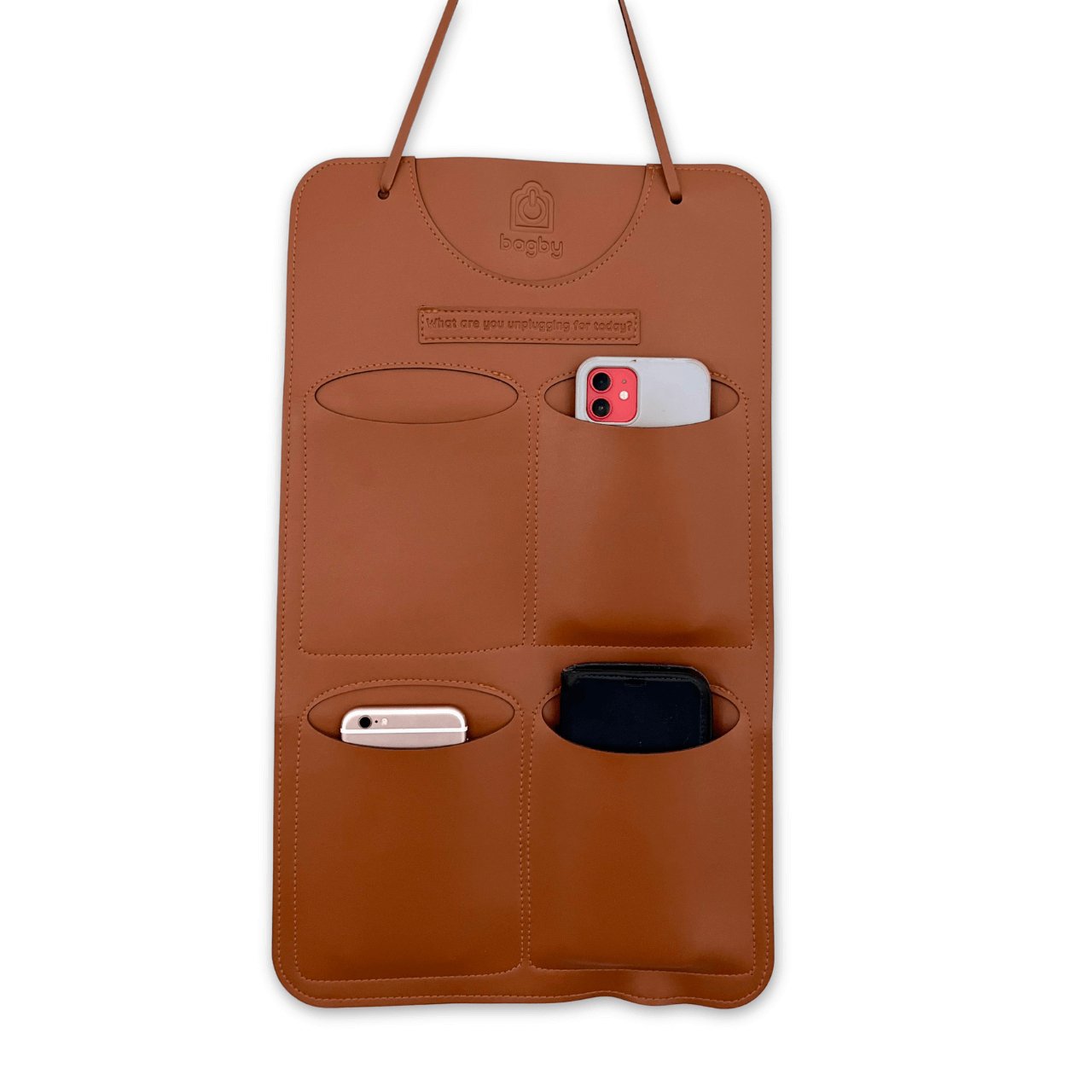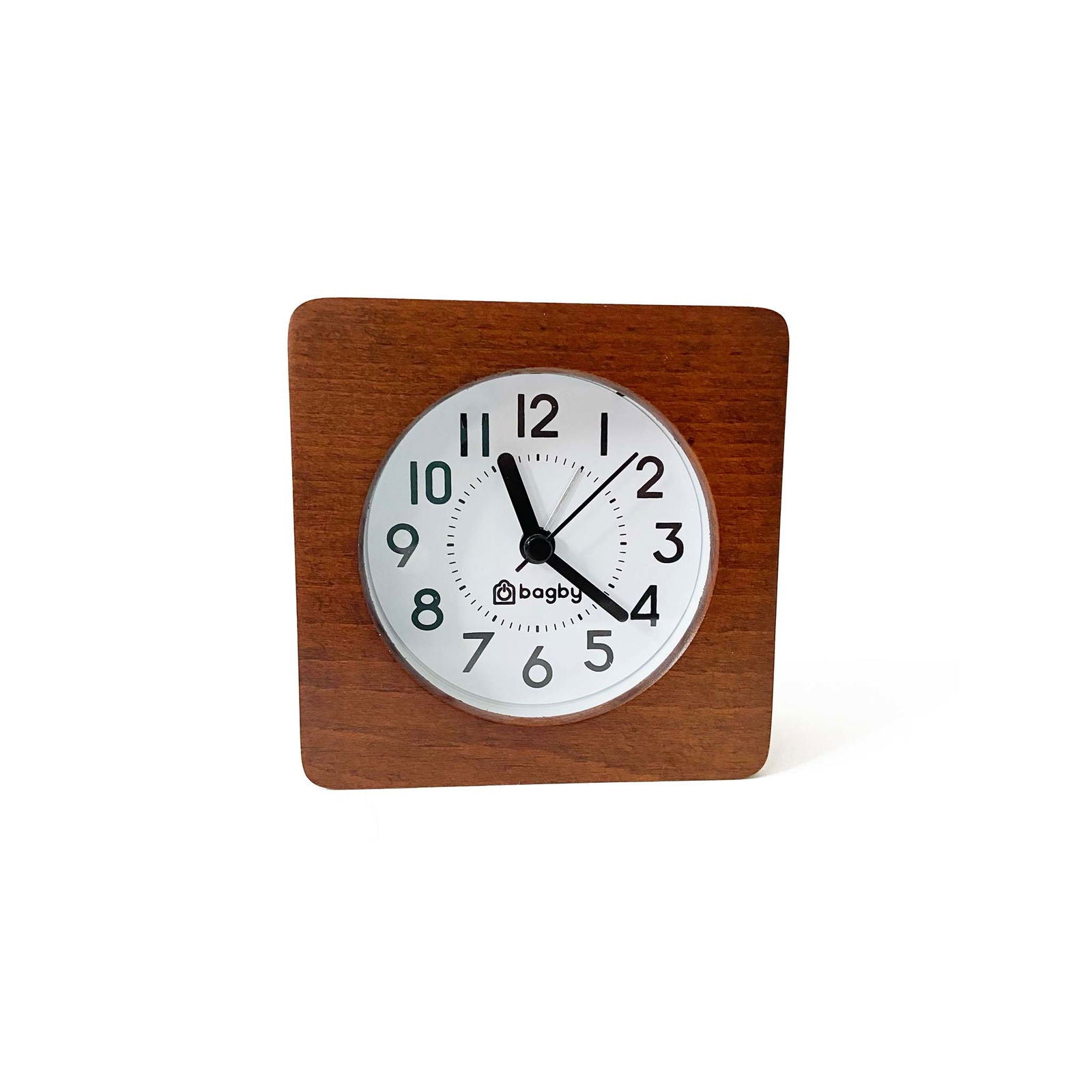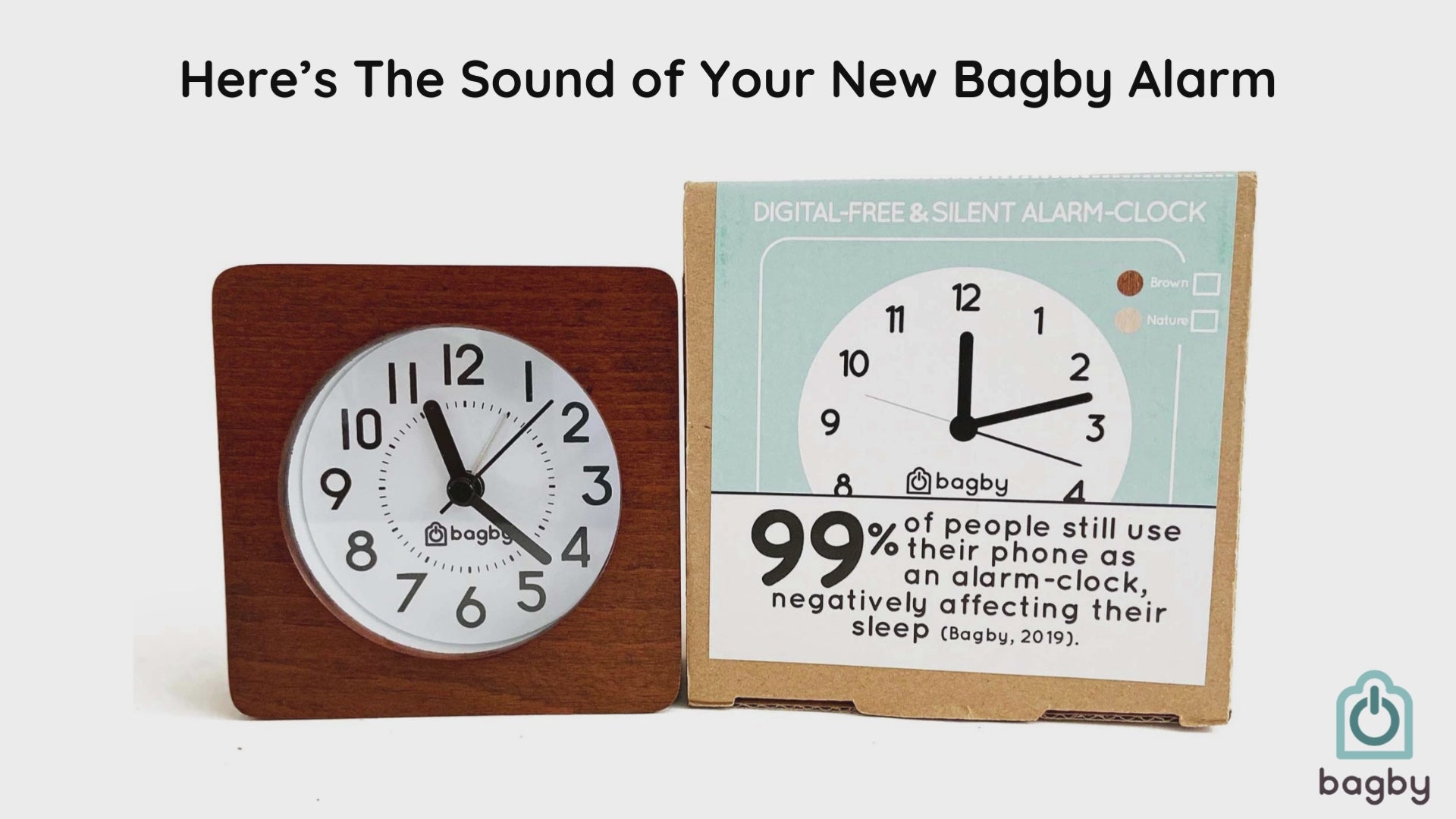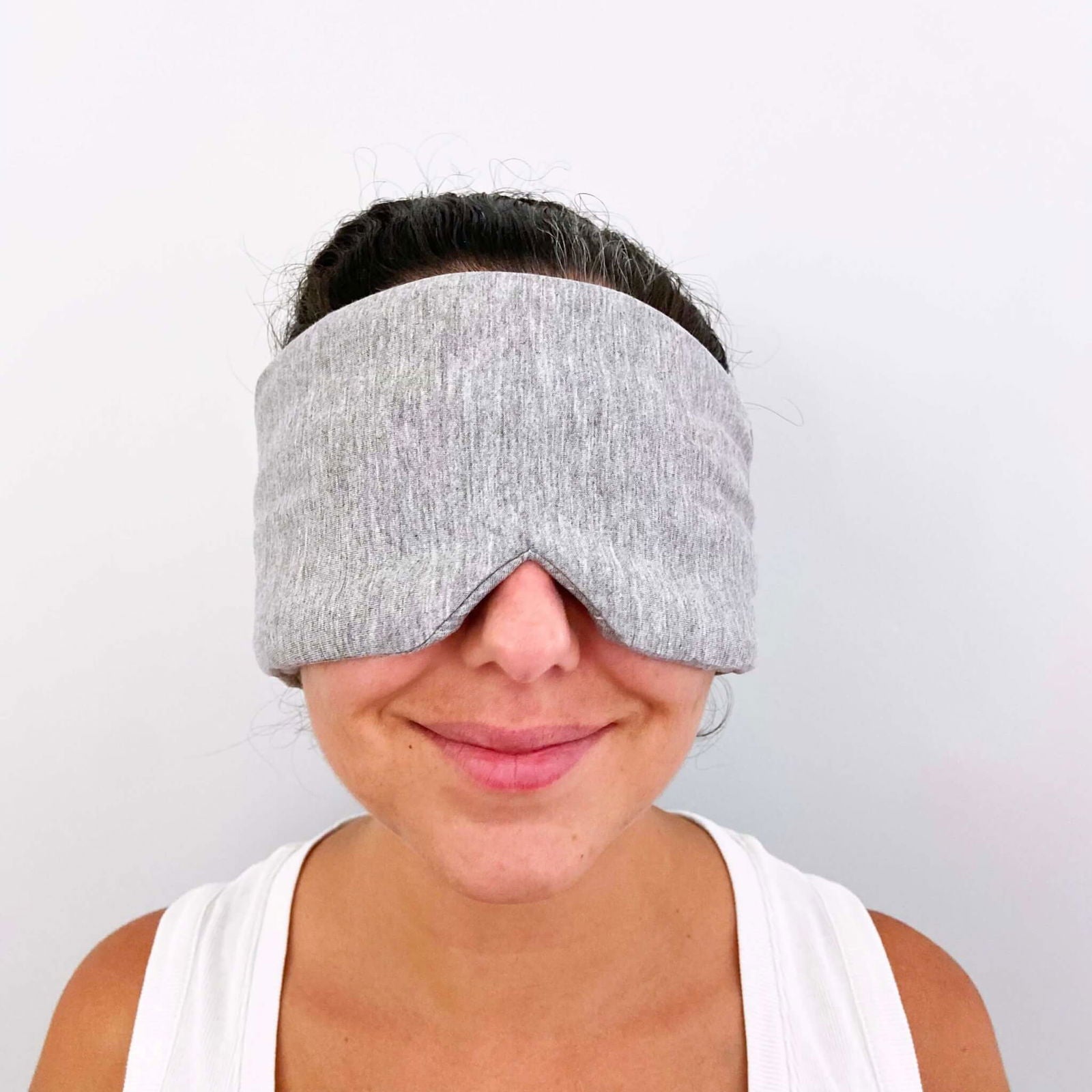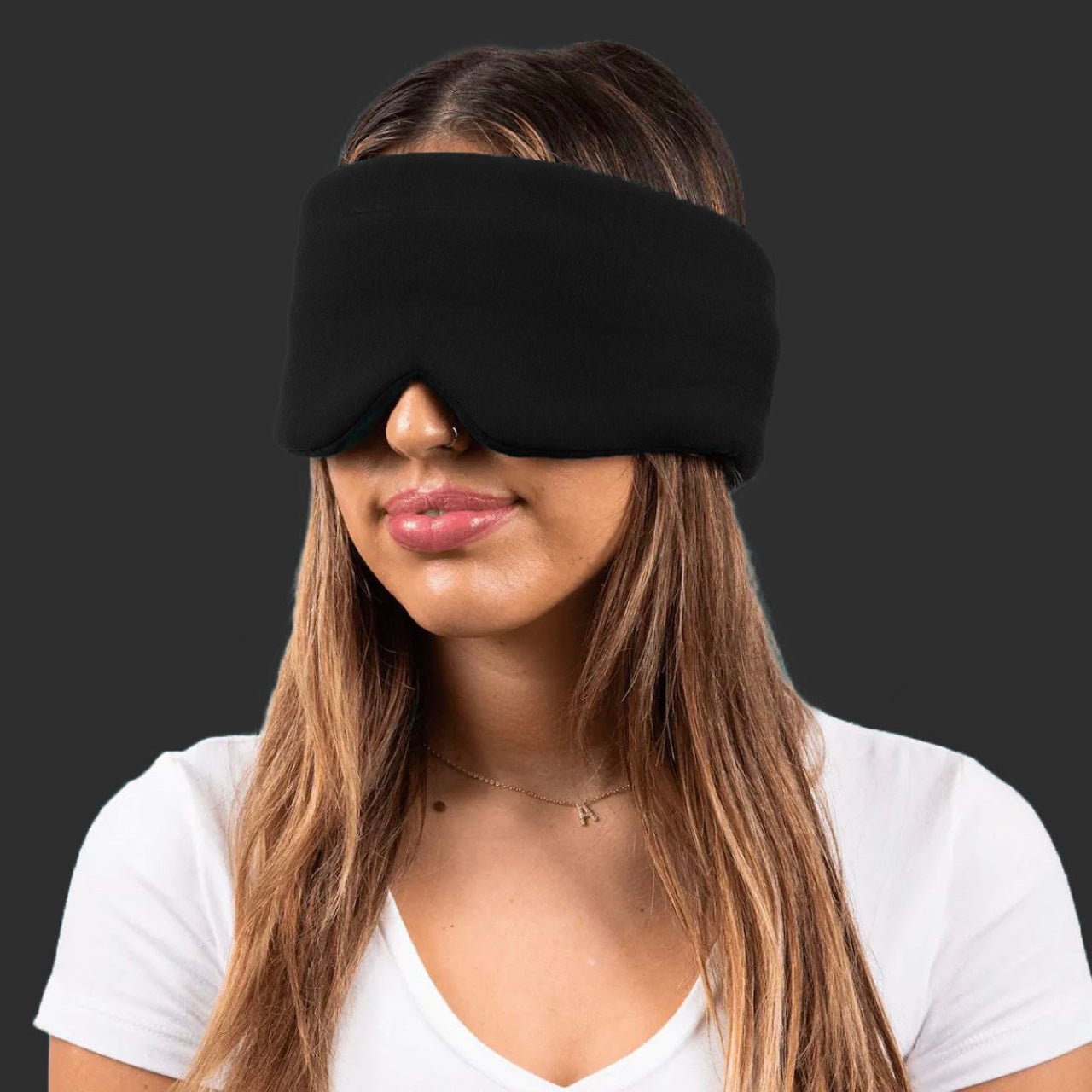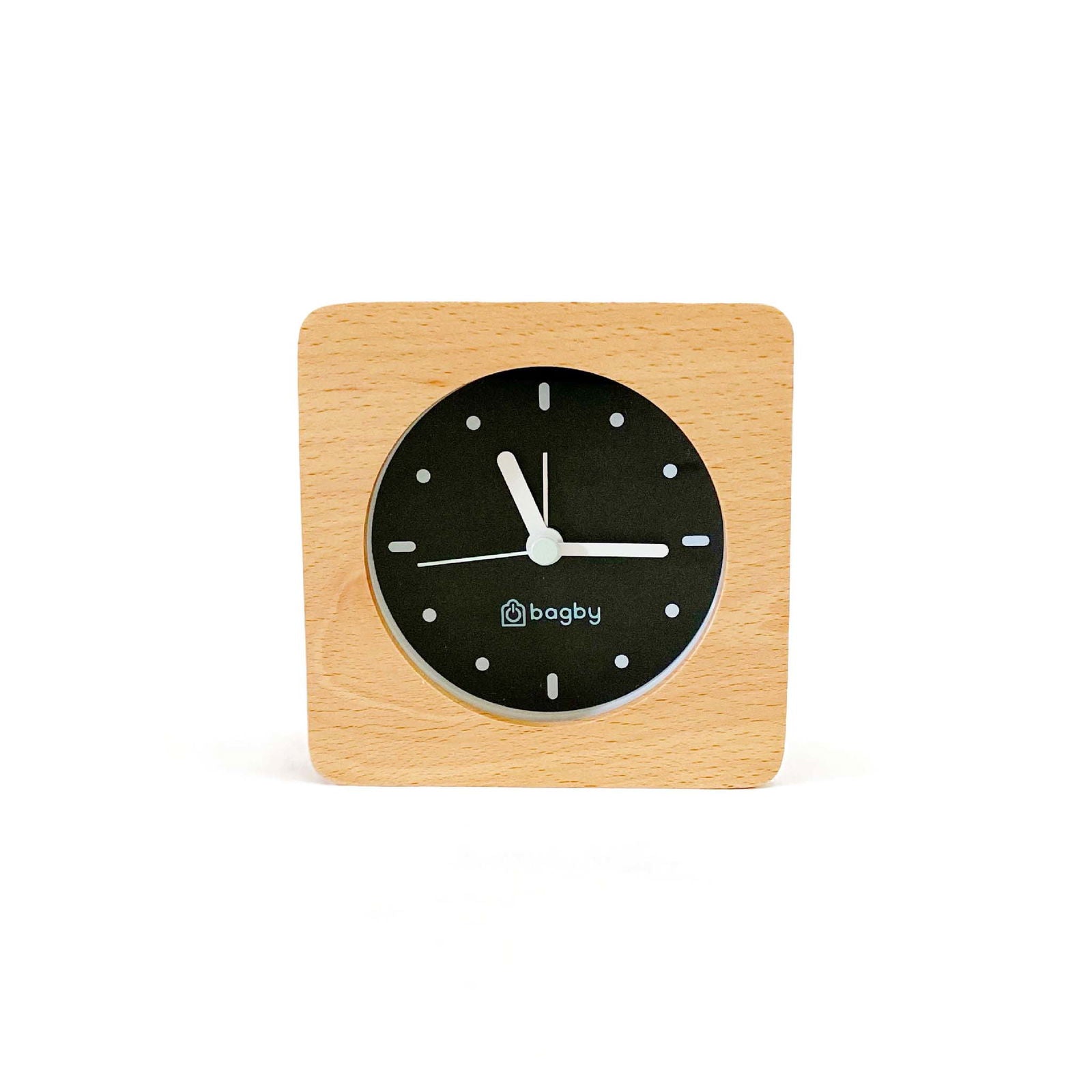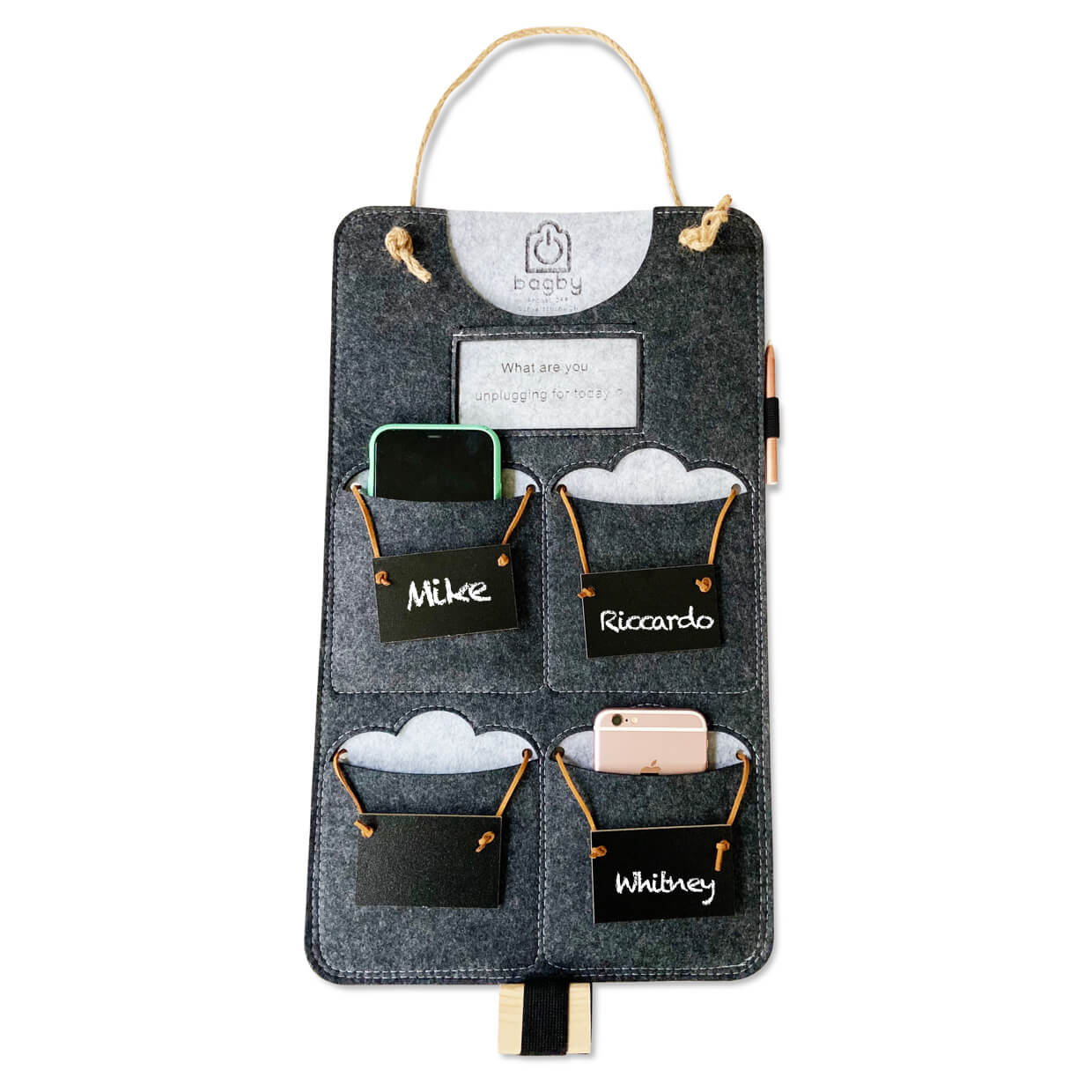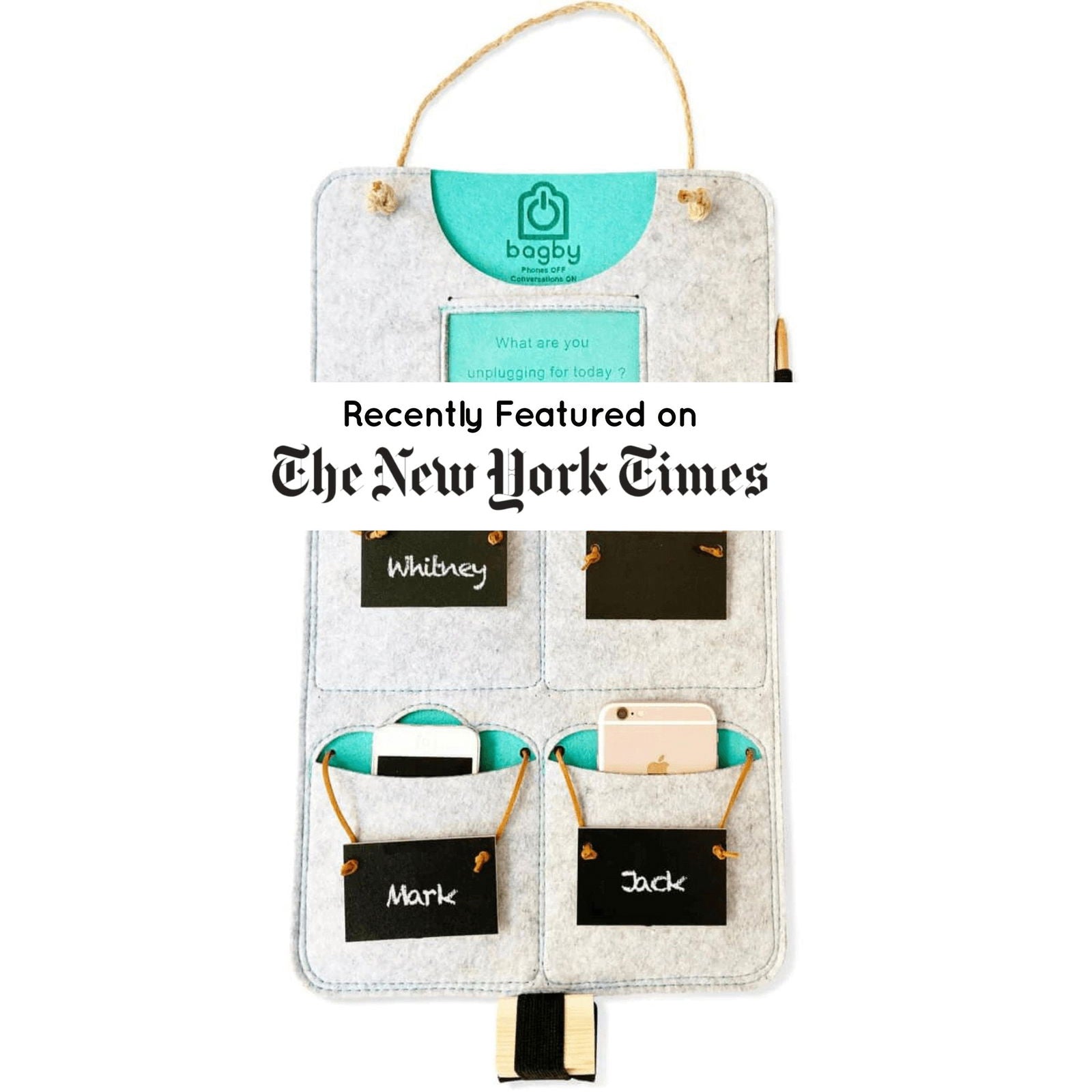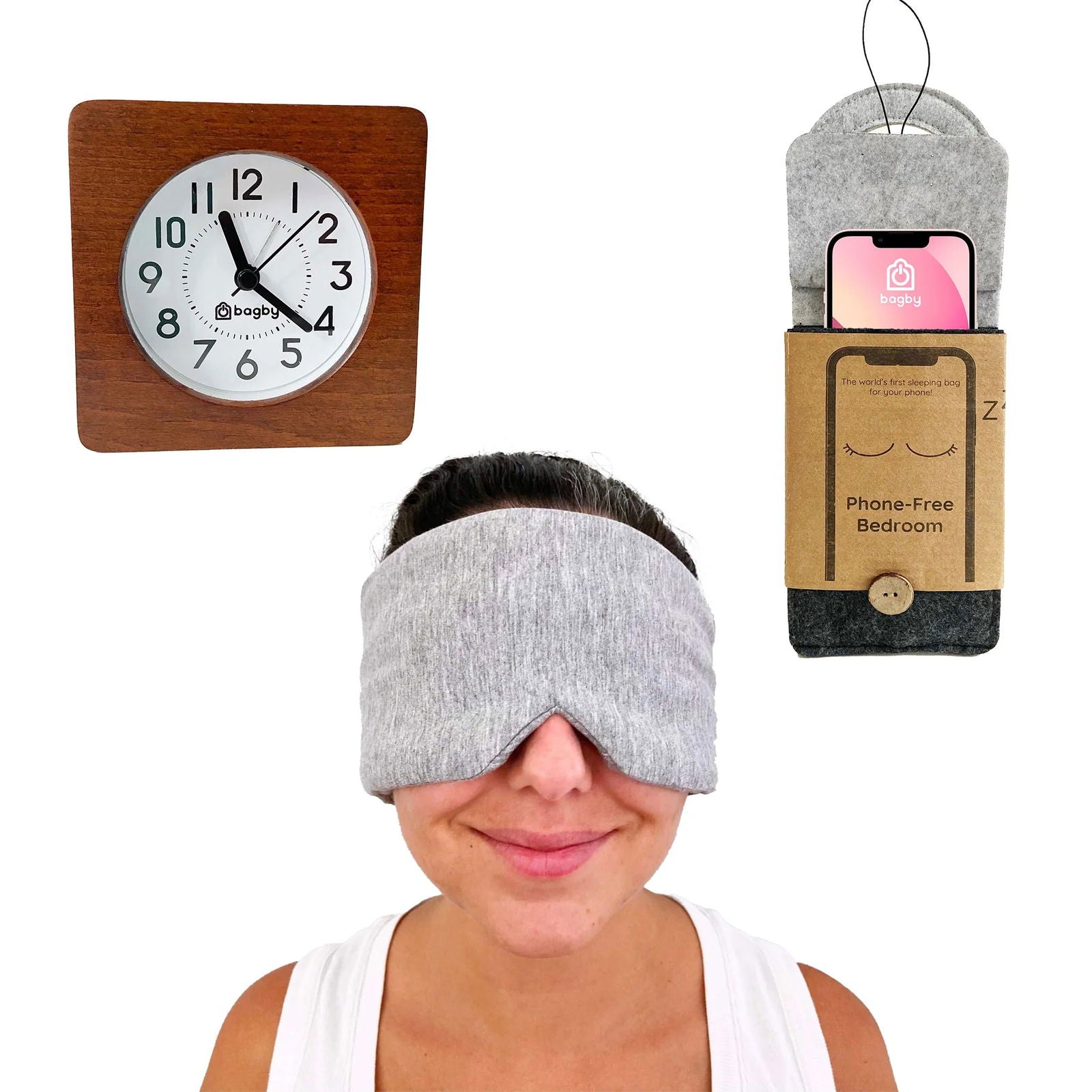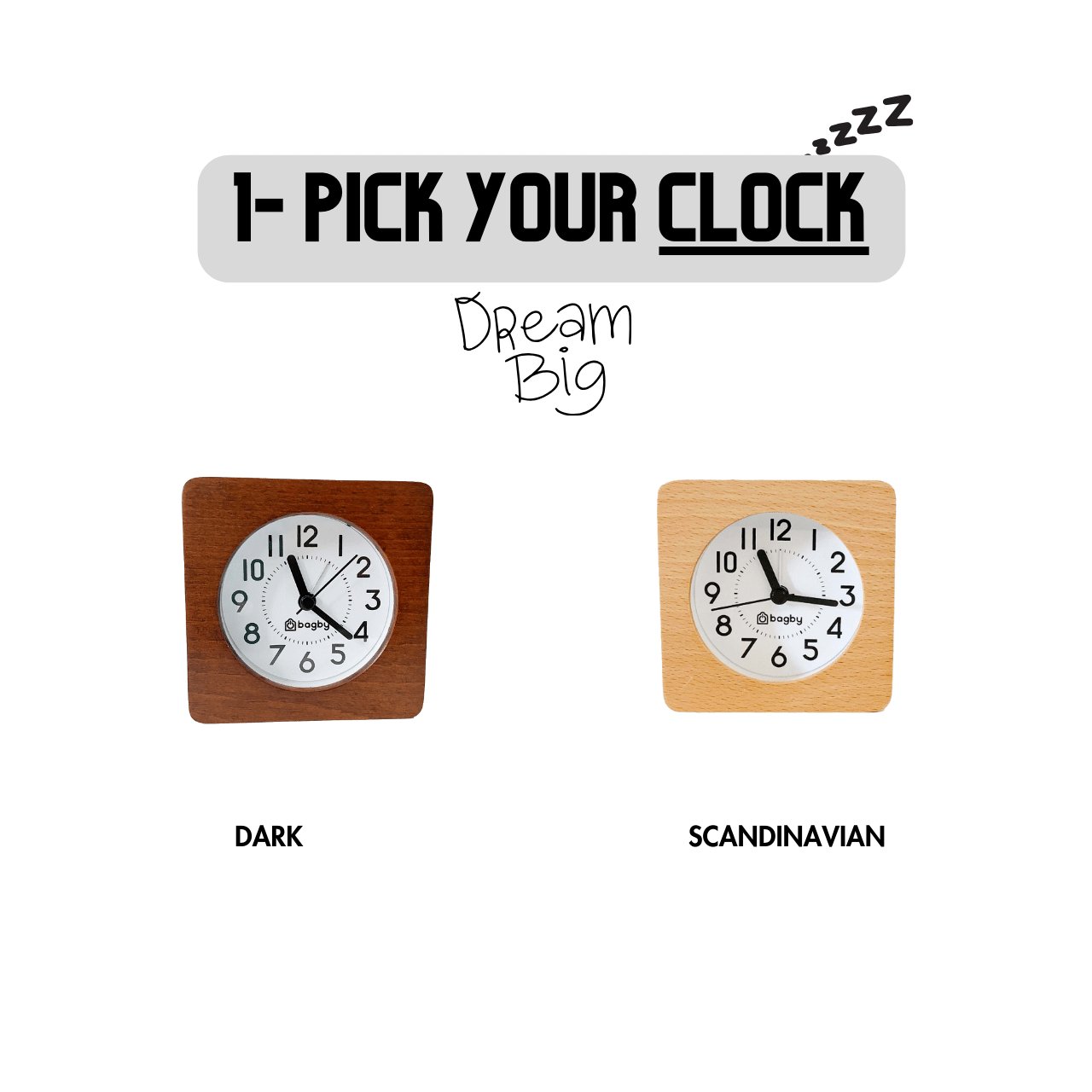Better for some than for others, 2019 represents the end of a decade led by the rise of addictive technology and the growing need for mindfulness practices.
Since we launched Bagby in July 2017, we have been monitoring trends and identified some that have grown in relevance and media buzz especially during 2019. These below are for us the trends to watch that will shoot up strongly over the next year.
1- “Back to the Past” Leisure Time
 Source: Standret/Shutterstock.com
Source: Standret/Shutterstock.com
People more than ever are taking time to reminisce about nostalgia. Families are spending time playing board games, couples are taking cooking classes together, friends are taking walks in the park, etc. Even older millennials are replacing sleepless Saturday nights in clubs for funny nights playing board and card games as the ultimate hang out.
A need to go back to simpler times where human connection was valued over digital likes and confirmation is a leading cause for this need to go back to the past. For this reason digital detoxes are becoming more popular, because taking a break from screens and spending more human time with friends and family or in nature
This is just one way that people are finding a mindful way to disconnect to reconnect. People more and more are also taking these detoxes on vacation. Taking a detox on vacation not only is good for your mind and soul, but also enhances the relaxation you experience while getting away from a hectic life.
2- The Tech Anxiety Epidemic

Tech has become one of the leading causes of anxiety according to a study conducted by Leeds University. This is why even digital wellness apps can no longer help us reduce our tech addictions. Instead they’ve added to our stress and have made our anxieties worse. We’ve reached an all-time high of people with anxiety disorders and changing the way we interact with our screens is the first step in solving this epidemic.
Although Fitbit opened the popular trend of counting and tracking calories and steps, and many other apps followed, we soon realized that it will mostly create anxiety and harmful competition rather than healthy habits. Our brains are not designed to keep up with these apps and the social media notification machinery. Tristan Harris described how app designers exploit people’s desire for pleasure, stimulation, and social connections to keep them hooked in to their devices for as long as possible. The final outcome is an endless tech-produced anxiety to look for what’s next and who has more likes or followers.
3- The Commodity of Sleep Hygiene

Sleep hygiene is not just a cool, trendy term to the masses anymore. It is a way to live a healthy life through habits that provide you with better sleep. Sleep hygiene is now a necessity. Taking the phone out of the bedroom is just one of those habits that can help promote better sleep.
Most people have added this priority to their 2020 goal setting charts.
4- Digital Wellness is a Top Priority in the Health Revolution
 Photo by Cedric Lim from Pexels
Photo by Cedric Lim from Pexels
Within the holistic health revolution which consists of body, mind, and soul care, digital wellness has finally become a top priority. In recent years, there has been a shift in our society that focuses more on each individual’s wellness, but it wasn’t until a year or two ago that we have also become concerned about our digital devices and the effects that they have on the human body. Most healthy living influencers (nutritionists, yoga teachers, mindfulness coaches, etc.) are now introducing digital wellbeing to their practices and programs.
Health is not just a habit but a lifestyle!
5- The Cinema Comeback

Have people noticed that theaters are one of the few places where you can enjoy something for two hours and be unplugged? Places like the Alamo Drafthouse Cinemas will ask you to leave if you take your phone out during the movie. Strict standards like this are becoming more and more common in theaters across the country. This is helping people to get out and spend more time with each other without being glued to their phones.
6- The Digitally-Conscious Activist Movement is Knocking
ONLINE/OFFLIFE from Marco Espirito Santo on Vimeo.
This grassroots movement is growing bigger more and more every day as the groups like Online|Offline are creating more public awareness of how devastating the effects are of technology addiction. Other issues like climate change, human rights, animal cruelty, etc. started out this very way and now 2020 is the year we may start seeing some manifestations of technology addiction solutions.
7- The Zero-Noise Wellness

“Sound is all around us and inside us, yet the dominant ambient sound in most urban environments is the hum of industrial ‘noise’.” This quote by Dr. Marc Cohen, a leading expert and pioneer of integrative and holistic medicine, makes a very important point that we are constantly hearing noises that we may not even recognize are affecting our well-being. Taking steps such as removing tech that hums the background like your television and computer from the bedroom is just a few things that will start to become more of a trend in the coming year. Dr. Cohen also predicts that we will see a greater emphasis on natural soundscapes with music replacing televised news in waiting rooms and wellness offerings that include true silence. Also expect a greater use of music as medicine, sound therapy devices, and an emphasis on the personal benefits of singing, playing music and the sounds of nature. This can then allow for peacefulness to be a part of our daily lives.
8- Neologism of Digital Terminology
 PAUL VIANT VIA GETTY IMAGES
PAUL VIANT VIA GETTY IMAGES
There’s been a growing set of new words created to raise awareness and define the effects of addictive technology. The term “Phubbing”, created back in 2014 by leading agency McCann Melbourne, might have been the one that buzzed the most. However, many other followed such as “dopamine fasting”, “Calmnivore”, “Digital Literacy”, “Phoneliness”, “Dippies” , “Phone Cleanse”, “Appturbating”, “Technology Hangover”, “Digital Minimalism” etc. These neologisms will become part of our daily conversations over the next few years.
9- “Smart Parenting” Detaches from Smart Products
 Photo by JoEllen Moths from Pexels
Photo by JoEllen Moths from Pexels
Many of us thought that the technology revolution of recent times (smart home technology, connectivity through our phones, IOT, etc) was the solution to make things easier and more convenient. The fact is that we have lost freedom because of our smartphones. Good (smart) parenting is all about detaching from those amazing smart products that are now omnipresent. Many parents have started setting up screen time rules to create habits that will form better and healthier habits with our technology. Among the most popular strategies we can find device-free dinners, family agreements sheets or designated phone-free areas. You can read some more tips to reduce your family screen time here.
10- Phones in the Classroom: Enough is Enough
 via Getty Images
via Getty Images
More schools are looking to follow in Liberty’s footsteps to help their students combat this epidemic but it’s easier said than done to address. We will see in the next year more school policies going into effect to try to solve this problem.
11- The New Kid in Town: Corporate Wellness

Source: Forbes
Corporate wellness is a totally new role that is taking its place in big organizations. Often this role falls under the HR department where they make sure employees have lower stress levels, take vacations, collaborate, and the company atmosphere is great and cordial. They also measure screen time and make off the grid activities a priority for employee’s wellness needs. Trying things like phone-free breaks or taking advantage of your company’s digital wellness counseling are just two of many ways to improve your health and wellness in the workplace.
Why is it important? Because distractions are costing companies Millions and therefore it negatively impacts productivity.
12- Digital Wellness Gifts are the “Good” Gift to Get

Do you have any other Digital Wellbeing trend? Share your comment!

